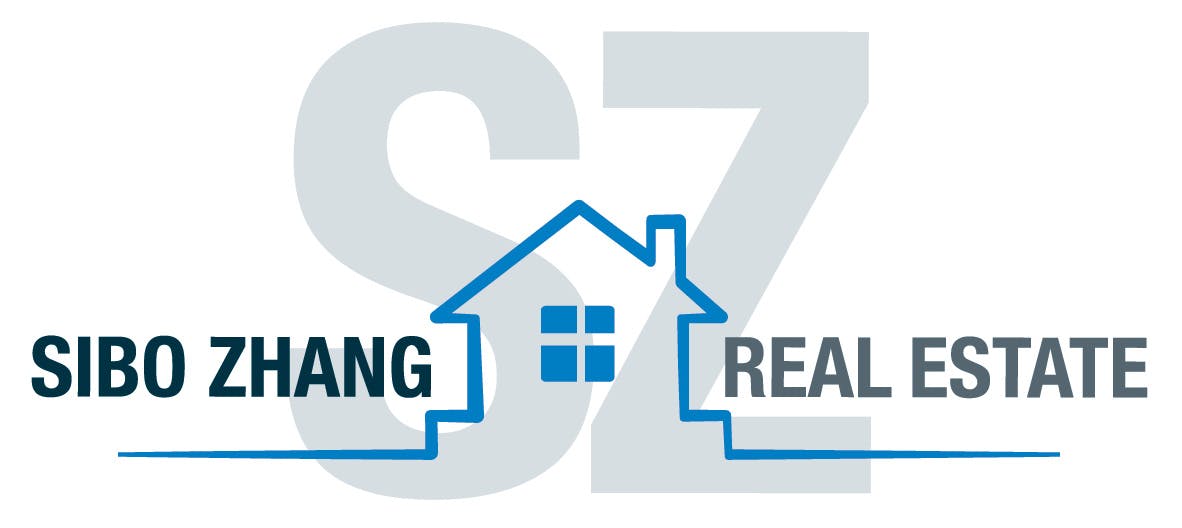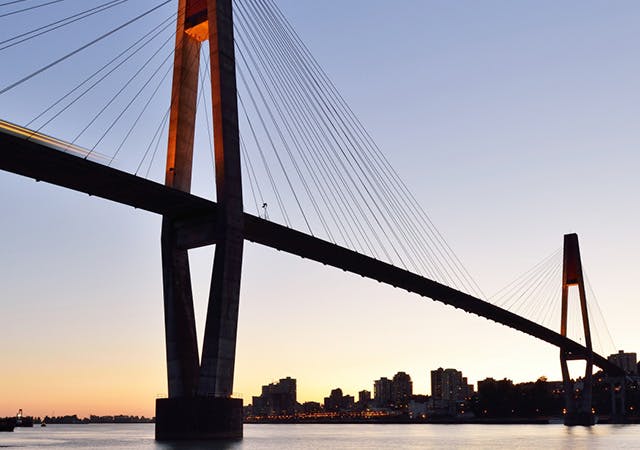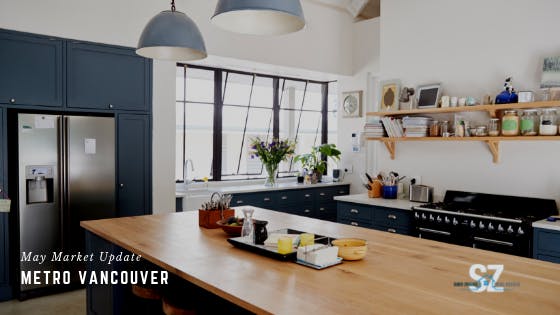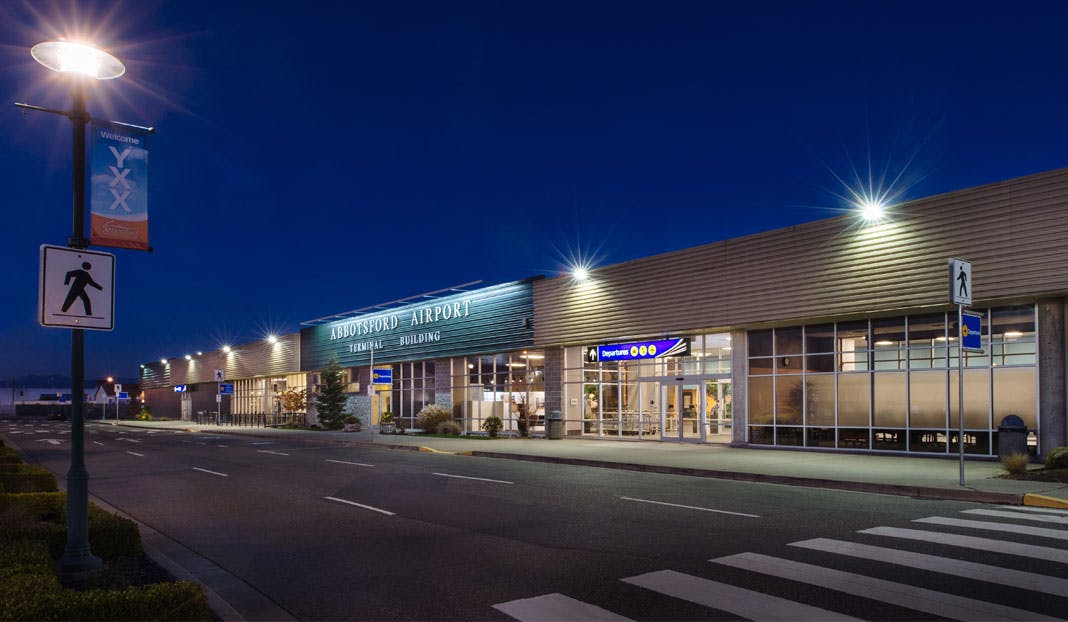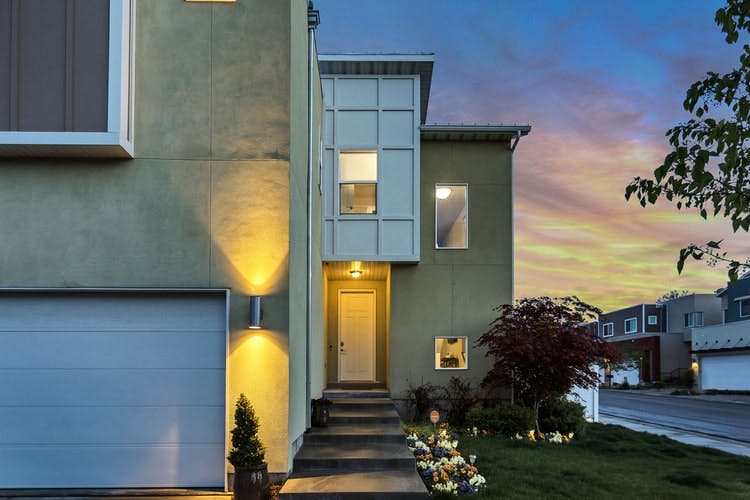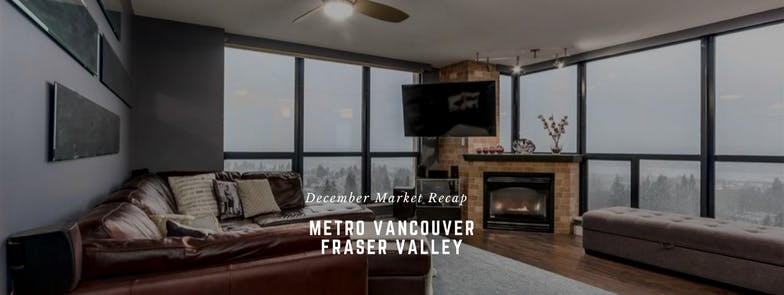
What a difference a month can make! As every sector of our economy is trying to cope with COVID-19 disruptions, there are many sources of pressure on the housing market. At the beginning of March, we were beginning to see a resurgence in demand for residential properties in Greater Vancouver. A stifled market after a lengthy period of onerous mortgage rules that had reduced demand had come to end. Buyers who had been waiting to see how low prices would go were now rapidly making offers in an optimal period of low interest and eased mortgage lending requirements. In the first two weeks of March, before the full COVID-19 effect was felt, residential sales across Metro Vancouver jumped over 17 per cent from the preceding month, reaching over 46 per cent higher than one year earlier. Then, just as quickly, a decline set in for the last half of the month – undoubtedly attributable to the precautions necessitated by the epidemic. At present, this unprecedented situation can only be monitored for its impact on the real estate market in the short term. While sophisticated statistical models can provide us with best- and worst-case scenarios, the spread of the virus is ultimately dependent on the behavior of people. However, there is optimism across our region that we are making progress in slowing the rate of infections through social distancing and other safety measures. Of course, this has impacted the ability of home seekers to attend open houses but there is still much you can do online and by phone. For this reason, I want to provide you with information that is useful during this challenging time.
If we are to consider the effect of the coronavirus on our housing market, we must focus on the timing of events. With the surge in demand in early March, we can see some larger than usual price increases beginning to take place. There was also a close to an 11 per cent increase in new listings in Metro Vancouver in March compared with February. This may be interpreted as a shift from a lengthy period of being a “buyers’ market” now transitioning to a “sellers’ market.” What this means is that the underlying demand of housing is pushing upwards and encouraging more people to put their property up for sale as prices rise. I have been advising home buyers to move quickly for the past couple of months, and I still encourage you to keep this market shift in mind. While Covid-19 may slow a rapid increasedue to the practical problems of visiting properties, it will not eliminate the underlying demand which has been pent up for a couple of years. Even with the slowing effect in the last half of March, the composite benchmark price for all residential properties in Metro Vancouver at the beginning of March was $1,033,700, a 1.3 per cent increase from February. Broken down to each property type, there month-over-month increase across the board: 1.2 per cent increase for detached homes; 0.9 per cent increase for townhouses; and 1.4 per cent increase for condominiums. In the comparative benchmarks below, you can see that prices in the past month far exceed the number of decreases.
Detached Homes
The benchmark price for a single-family detached home in Greater Vancouver at the end of March was $1,450,700, an increase of 1.2 per cent from the preceding month. The extremities of this average were Vancouver West (not West Vancouver) at $2,942,200 and Maple Ridge at $835,100. The three municipalities closest to the benchmark on the higher side of the average were: Burnaby North at $1,453,100 an increase of 2.4 per cent from the preceding month; Burnaby South at $1,493,500, an increase of 1.1 per cent from the preceding month; and Richmond at $1,522,800, an increase of 0.9 per cent from the preceding month. The three municipalities closest to the benchmark on the lower side of the average were: Vancouver East at $1,426,500, an increase of 1.3 per cent from the preceding month; Port Moody at $1,420,300, an increase of 0.6 per cent from the preceding month; and Vancouver East at $1,225,300, an increase of 2.5 per cent from the preceding month.
Townhouses
The benchmark price for a townhouse in Greater Vancouver at the end of March was $791,800 an increase of 0.9 per cent from the preceding month. The extremities of this average were Vancouver West (not West Vancouver) at $1,133,500 and Maple Ridge at $535,100. The three municipalities closest to the benchmark on the higher side of the average were: Richmond at $795,000 an increase of 1.4 per cent from the preceding month; Vancouver East at $893,300, a decrease of 1.2 per cent from the preceding month; and Vancouver West (not West Vancouver) at $1,133,500, an increase of 0.2 per cent from the preceding month. The three municipalities closest to the benchmark on the lower side of the average were: Burnaby South at $768,400, a decrease of 0.6 per cent from the preceding month; New Westminster at $749,000, an increase of 0.7 per cent from the preceding month; and Burnaby North at $727,700, no change from the preceding month.
Condominiums
The benchmark price for a condominium in Greater Vancouver at the end of March was $687,000, an increase of 1.4 per cent from the preceding month. The extremities of this average were West Vancouver at $1,027,600 and Maple Ridge at $359,700. The three municipalities closest to the benchmark on the higher side of the average were: Burnaby East at $678,900, an increase of 4.8 per cent from the preceding month; Vancouver West (not West Vancouver) at $810,800, an increase of 1.9 per cent from the preceding month; and West Vancouver at $1,027,600, an increase of 1.4 per cent from the preceding month. The three municipalities closest to the benchmark on the lower side of the average were: Burnaby South at $674,900, a decrease of 0.5 per cent from the preceding month; Port Moody at $671,900, an increase of 3.8 per cent from the preceding month; and Richmond at $655,200, an increase of 2.3 per cent from the preceding month.
Let me help
I am working hard to help my clients during this challenging time. I know many of you want to find a home while prices are still within your budget; if you need help navigating the new rules for eased mortgage stress testing; or if you are looking for the best mortgage for your financial capacity, please give me call. There is a lot we can do online and by telephone. I encourage you to visit my website for an extensive list of properties, prices, and areas. Together we can meet the challenges we are facing with COVID-19 and still manage your housing needs.
Please don’t hesitate to give me a call. (604) 779-7992
Thanks for reading!
Sibo Zhang, REALTOR®
